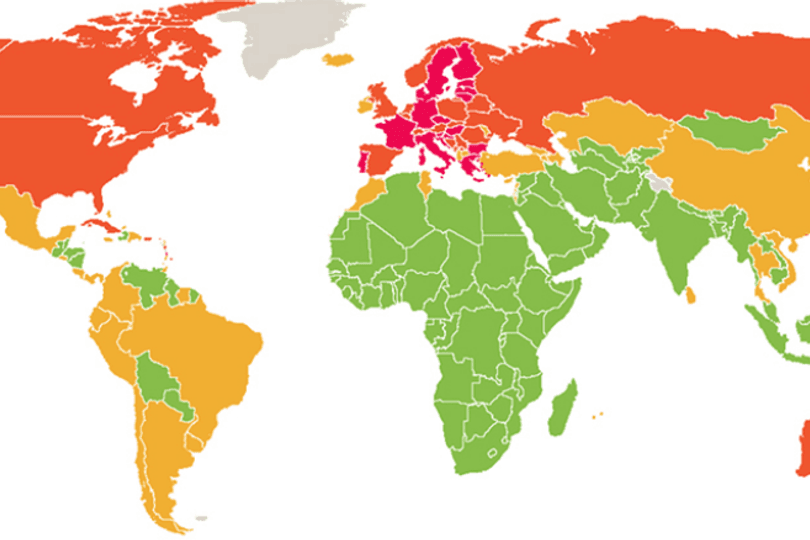
The first global ageing index, developed with the help of Oxford Martin School academics, has been launched by HelpAge International.
With the support of the United Nations Fund for Population, the Global AgeWatch Index 2013 is the first quantitative measure of its kind to focus on the wellbeing of older people on a worldwide scale. Drawing on data from the World Bank, World Health Organization, Institute for Health Metrics and Evaluation, International Labour Organization, and the Gallup World Poll database, the index compares the experiences of older people from 91 countries around the world and ranks them in order of quality of experience. It is based on four domains that are key enablers of older people's wellbeing: income, health, employment and education, and enabling environment.
The launch at the Royal Society by HelpAge and Age International was chaired by Professor Sarah Harper, Director of the Oxford Institute of Population Ageing. "Oxford is delighted that a concept developed at the Institute in collaboration with HelpAge has come to such a successful fruition," she said. "Constructing such an index is a complex methodological issue, but this is an excellent beginning to understand how the world is ageing."
Kenneth Howse, James Martin Fellow on the School's Ageing Populations programme, was responsible for developing the concept note of the index and guiding its development.
Silvia Stefanoni, Interim Chief Executive of HelpAge International, said: "The world is rapidly ageing: people over 60 years of age already exceed children under five, and by 2050 they will outnumber children under 15. However, the continual exclusion of ageing from national and global agendas is one of the biggest obstacles to meeting the needs of the world's ageing population.
"By giving us a better understanding of the quality of life of women and men as they age, this new index can help us focus our attention on where things are going well and where we have to make improvements."